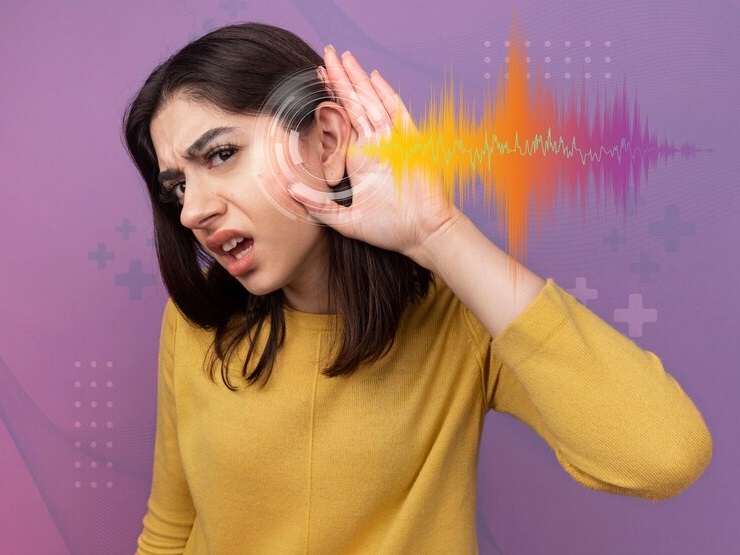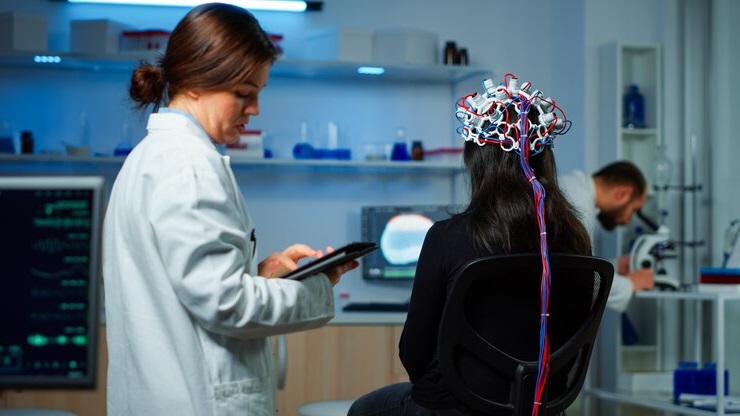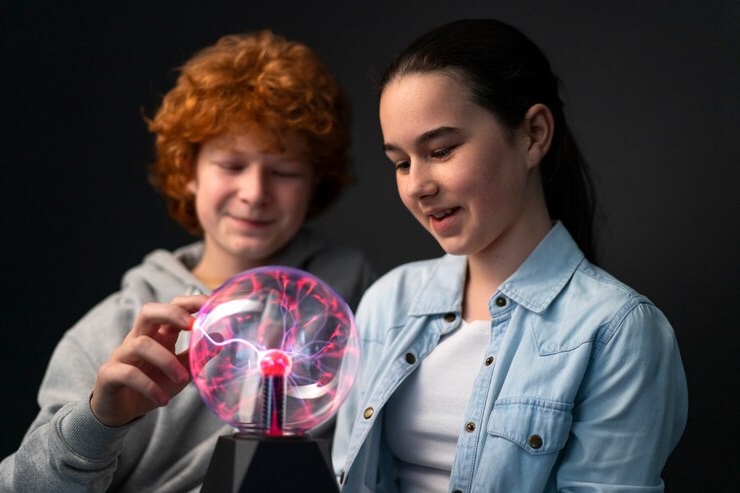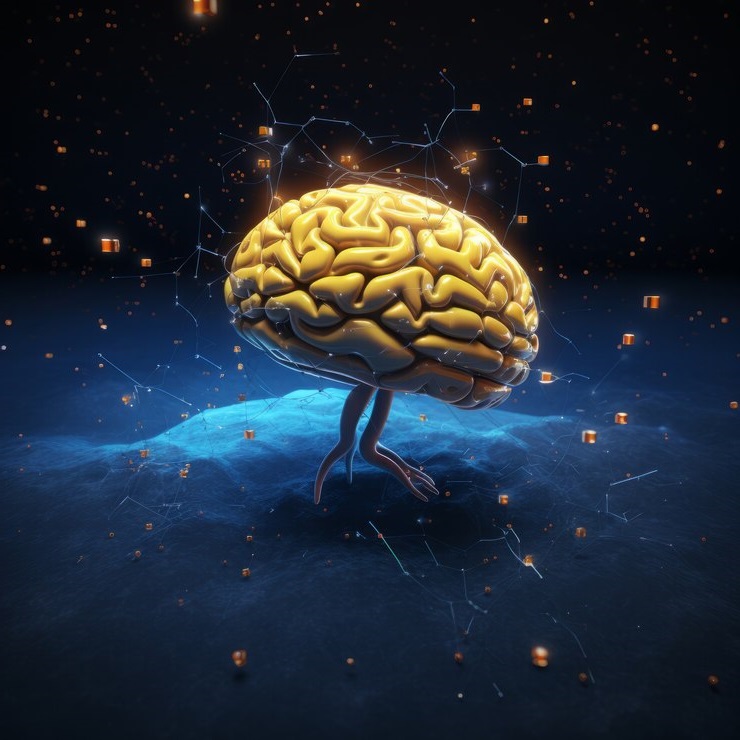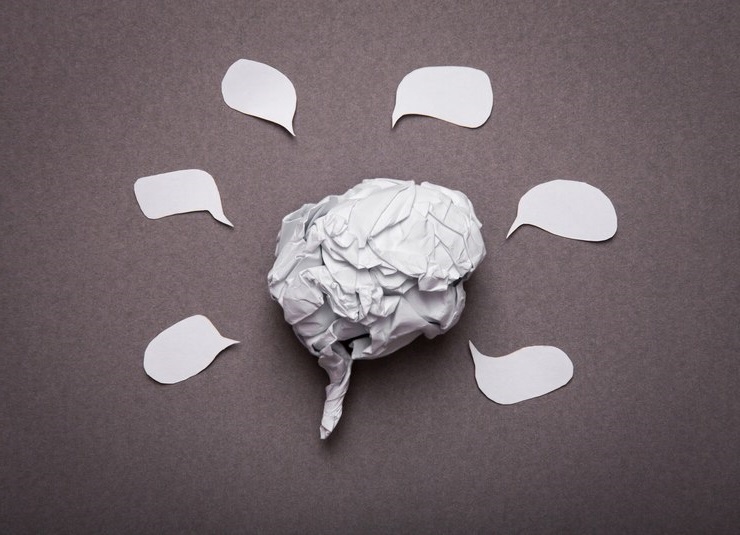
Are you seeking effective ways to calm ADHD symptoms using sound therapy? Discovering the best frequency to promote relaxation and focus in individuals with ADHD can be transformative. This article delves into the therapeutic use of sound frequencies, specifically Hertz (Hz), that are believed to help manage ADHD by enhancing relaxation and concentration.
We will explore the science behind sound frequencies and their impact on brain activity, particularly for those dealing with ADHD. Understanding how different Hz levels can influence neurological responses is crucial for utilizing sound therapy effectively.
Understanding ADHD and its impact on focus
ADHD, or Attention Deficit Hyperactivity Disorder, is a neurodevelopmental disorder that affects both children and adults. It is characterized by symptoms such as inattention, hyperactivity, and impulsivity. One of the key challenges faced by individuals with ADHD is maintaining focus and attention on tasks.
ADHD can have a significant impact on daily life, making it difficult to concentrate, stay organized, and complete tasks efficiently. This can lead to frustration, decreased productivity, and difficulties in academic or professional settings.
Dividing tasks into manageable segments
One effective strategy for improving focus in individuals with ADHD is to break tasks down into smaller, more manageable segments. This helps to prevent overwhelm and allows for a clearer focus on each individual task.
By dividing tasks into smaller steps, individuals with ADHD can approach them one at a time, reducing the likelihood of becoming overwhelmed or distracted. This approach can also provide a sense of accomplishment as each step is completed, further motivating and maintaining focus.
Utilizing visual aids, calendars, and reminders
Visual aids, such as calendars, to-do lists, and reminders, can be powerful tools for individuals with ADHD. These visual cues help to provide structure, organization, and a clear visual representation of tasks and deadlines.
By utilizing visual aids, individuals with ADHD can better prioritize tasks, plan their time effectively, and stay on track. Visual reminders can also serve as prompts to help redirect attention back to the task at hand.
Creating a structured daily routine
Establishing a structured daily routine can provide individuals with ADHD with a sense of predictability and stability. Having a consistent schedule helps to reduce decision-making fatigue and allows for better planning and time management.
By incorporating regular activities, such as designated work or study times, breaks, meals, and leisure activities, individuals with ADHD can better manage their time and maintain focus throughout the day.
Identifying and prioritizing tasks
One common challenge for individuals with ADHD is difficulty in prioritizing tasks. This can lead to a lack of focus and a tendency to jump from one task to another without completing anything.
By identifying and prioritizing tasks based on importance and deadlines, individuals with ADHD can better allocate their time and attention. This helps to ensure that the most critical tasks are completed first, reducing stress and improving overall focus.
Allowing for short breaks during tasks
While it may seem counterintuitive, taking short breaks during tasks can actually improve focus and productivity for individuals with ADHD. These breaks provide an opportunity to recharge and reset the brain, preventing burnout and maintaining sustained attention.
Short breaks can be used to engage in activities that help relax and refocus the mind, such as stretching, deep breathing exercises, or listening to calming music. By incorporating these breaks into the task schedule, individuals with ADHD can optimize their focus and productivity.
Tailoring focus-enhancing techniques to individual preferences
It is important to recognize that not all individuals with ADHD will respond to the same focus-enhancing techniques. Each person is unique, and what works for one individual may not work for another.
By tailoring focus-enhancing techniques to individual preferences and needs, individuals with ADHD can discover what strategies work best for them. This may involve experimenting with different methods, such as using noise-canceling headphones, listening to background music, or working in a quiet environment.
Experimenting with various methods
There is no one-size-fits-all approach when it comes to improving focus in individuals with ADHD. It is important to be open to trying different methods and techniques to find what works best for each individual.
Some individuals with ADHD may find that lower frequencies, such as delta or theta waves, help to calm their mind and improve focus. Others may prefer higher frequencies or a combination of different frequencies. It is a matter of personal preference and experimentation.
Maintaining a balanced diet
A balanced diet plays a crucial role in supporting cognitive function and overall brain health. For individuals with ADHD, incorporating certain nutrients into their diet may help improve focus and attention.
Omega-3 fatty acids, found in foods such as fatty fish, walnuts, and flaxseeds, have been shown to support brain health and cognitive function. Including these foods in the diet may have a positive impact on focus and attention in individuals with ADHD.
Getting sufficient and quality sleep
Sleep is essential for overall brain function and cognitive performance. Lack of sleep can exacerbate ADHD symptoms, including difficulties in focus and attention.
It is important for individuals with ADHD to prioritize getting sufficient and quality sleep. Establishing a consistent sleep routine, creating a sleep-friendly environment, and practicing good sleep hygiene can help improve sleep quality and support optimal focus during waking hours.
Engaging in regular exercise
Regular exercise has been shown to have numerous benefits for individuals with ADHD, including improved attention, concentration, and overall cognitive function.
Engaging in physical activity, such as aerobic exercises, can help increase blood flow to the brain, release endorphins, and improve mood. This can have a positive impact on focus and attention in individuals with ADHD.
Practicing mindfulness and meditation techniques
Mindfulness and meditation techniques can be effective in improving focus and attention in individuals with ADHD. These practices involve training the mind to stay present and focused on the present moment.
By practicing mindfulness and meditation, individuals with ADHD can learn to better regulate their attention and reduce distractions. This can lead to improved focus, increased self-awareness, and better overall cognitive function.
Seeking professional help
For individuals with ADHD who are struggling with focus and attention difficulties, seeking professional help can be beneficial. Behavioral therapy, counseling, and medication are common treatment options for managing ADHD-related symptoms.
Behavioral therapy can help individuals with ADHD develop strategies and skills to improve focus and attention. Counseling can provide support and guidance in managing the emotional and psychological aspects of ADHD. Medication, such as stimulants or non-stimulants, may be prescribed by a healthcare professional to help manage symptoms.
Consulting with healthcare professionals
When it comes to managing ADHD and improving focus, it is important to consult with healthcare professionals who specialize in ADHD. They can provide personalized guidance and recommendations based on individual needs and circumstances.
A healthcare professional can conduct a comprehensive evaluation, provide an accurate diagnosis, and develop a tailored treatment plan. This may include a combination of strategies, lifestyle adjustments, and, if necessary, medication.
Implementing targeted strategies and lifestyle adjustments
Improving focus in individuals with ADHD requires a multi-faceted approach. By implementing targeted strategies and making lifestyle adjustments, individuals with ADHD can significantly enhance their concentration and overall cognitive function.
It is important to remember that what works for one person may not work for another. It may take time and experimentation to find the most effective strategies and techniques for managing ADHD-related focus difficulties.
By understanding ADHD, utilizing effective strategies, and seeking professional guidance, individuals with ADHD can improve their focus and attention, leading to greater success and fulfillment in various aspects of life.
